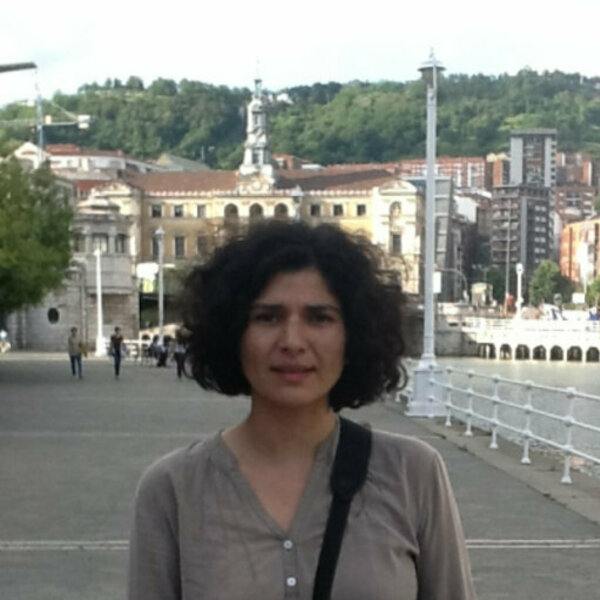Lydia Deni Gamboa López

Visit: Spring 2023
Project Title: Adam of Wodeham and Walter Chatton on the Controversy over Higher-Order Theories Of Consciousness
Lydia Deni Gamboa López (Benemérita Universidad Autónoma de Puebla) will be visiting the Forum in Spring 2023 to work on her project "Adam of Wodeham and Walter Chatton on the Controversy over Higher-Order Theories Of Consciousness" (description below):
My project consists in writing an article about William of Ockham, Walter Chatton, and Adam of Wodeham’s theories of consciousness. Ockham and Chatton developed two different theories of consciousness: two different theories about how an agent is aware that he or she is in a certain mental state. Adam of Wodeham proposes his own theory of consciousness and participates in Ockham’s and Chatton’s discussion of this subject, which I call “the controversy over consciousness”.
Though all three thinkers hold that an act of the will is involved in each conscious cognitive process, this position appears to be in tension with the principle that one can only want what has already been cognized, that is, one does not want what one ignores. It seems that Wodeham responds to this question by adopting Ockham’s idea that the will somehow cognizes a mental state that it wants to be the object of a higher-order mental state. I propose to develop this hypothesis and demonstrate that Wodeham expressly says that an act of the will might be a cognitive act in order to solve the tension that results from Ockham’s and Chatton’s dispute over their different higher-order theories of consciousness. To this end, I propose to analyze Wodeham’s Lectura secunda Dist. I, q. 5, where he presents different conclusions in relation to the following question: “Is [an act of] enjoyment (frui) different from every cognitive [act]? (Utrum frui realiter distinguatur ab omni cognitione.) In this text, Wodeham develops the idea that every volitive act presupposes a cognition of its object, which is akin to Ockham’s and Chatton’s views. Moreover, he suggests that every act of the will (appetendi et odiendi), and consequently, every act of enjoyment or pleasure (fruitio) is some sort of cognition and apprehension.
Host: Therese Cory